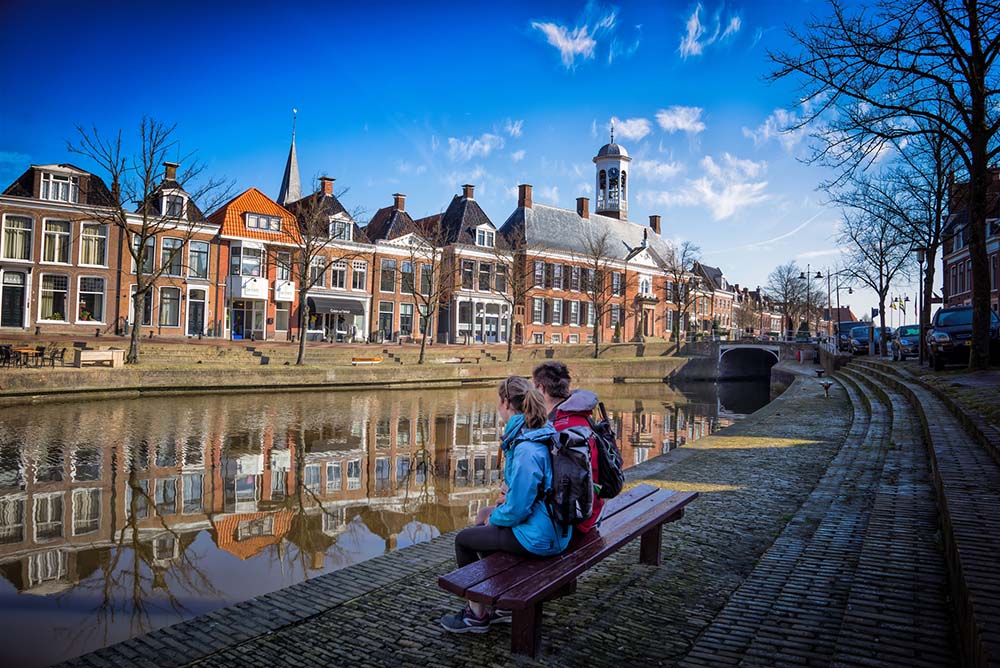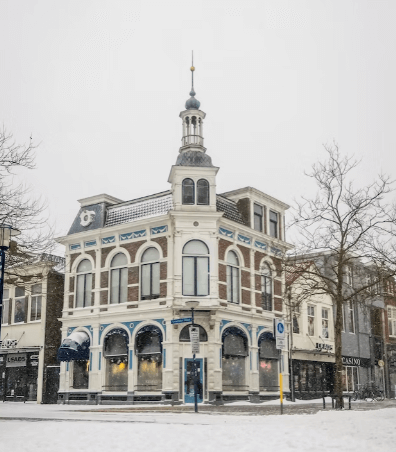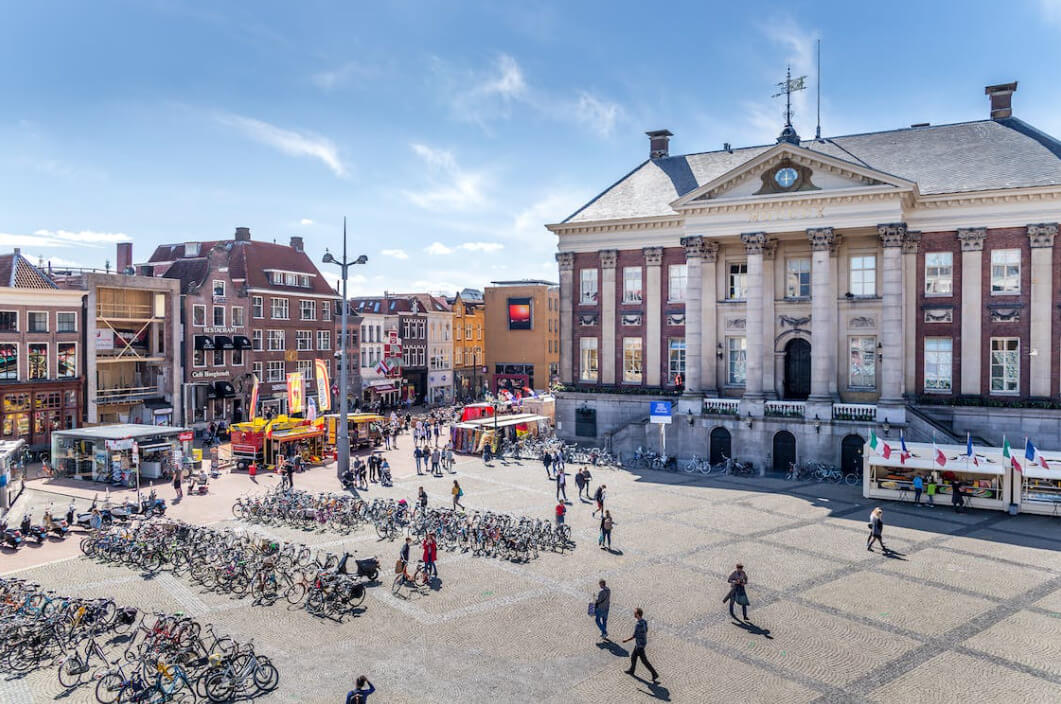PhD in Prehistoric marginal communities

Applications are invited for a fully funded four-year PhD position in the field of prehistorical archaeology of northwestern Europe. The project will study how local prehistoric farming communities in the northern part of the Netherlands were connected to their wider world. Central to the project will be the analysis of various ceramic assemblages with a wide scope of methods in order to determine the degree of connectivity of local communities with neighbouring communities in the northern part of the Netherlands. This PhD project offers a unique opportunity to work in an international environment and to acquire valuable research experience. The project is funded by a bequest to the university and should include the archaeological record of the southeastern part of the province of Friesland (the Netherlands)
The PhD Project
The defining core of the project is the requirement to include the archaeological record of the southeastern part of the province of Friesland (the Netherlands) – a landscape that can be defined as the westernmost part of the well-studied Frisian-Drenthe Plateau (FDP). While the FDB at large is a region of which the prehistoric occupation history is well known, most information pertains to the eastern part, the Hondsrug. As a result, it remains unclear to what degree communities further east developed distinct group identities or conversely were part of a wider shared FDP regional identity.
The project will make use of prehistoric ceramic assemblages from the FDP and consist of a wide scope of methods including stylistic, scientific and statistical approaches. The goal of the project is to determine the knowledge exchange networks in which prehistoric potters operated, and the changes in these networks over time. To this end, the candidate will combine ceramic analysis with theoretical perspectives on knowledge exchange, communities of practice and identity formation.
Under the daily supervision of Prof. Daan Raemaekers (ceramic archaeology, Neolithic) and dr. Stijn Arnoldussen (ceramic archaeology, Bronze Age and Iron Age), the candidate will develop their personal research project along the lines of inquiry as stated above.
The PhD candidate is expected to:
- Engage in regular meetings with supervisors to discuss their development.
- Produce minimally three peer-reviewed articles, with supervisory guidance.
- Complete the PhD project within 4 years.
- Attend and present ongoing research at conferences, colloquia, or summer/winter schools.
- Participate in the activities of ARCHON (the National Research School in Archaeology).
- Teach a total of 0.4 FTE spread over the second, third and fourth year of their appointment within the BA Archaeology.
- Live in the Netherlands and be present in Groningen at least two to three days a week.
Organisation
Since its foundation in 1614, the University of Groningen has established an international reputation as a dynamic and innovative university offering high-quality teaching and research. Its 34,000 students are encouraged to develop their own individual talents through challenging study- and career paths. The University of Groningen is an international centre of knowledge: It belongs to the best research universities in Europe and is allied with prestigious partner universities and networks worldwide.
The Faculty of Arts
The Faculty of Arts is a large, dynamic faculty in the heart of the city of Groningen. It has more than 5000 students and 700 staff members, who are working at the frontiers of knowledge every day. The Faculty offers a wide range of degree programmes: 15 Bachelor's programmes and over 35 Master's specialisations. Our research, which is internationally widely acclaimed, covers Archaeology, Cultural Studies, History, International Relations, Language and Literary Studies, Linguistics and Media and Journalism Studies.






